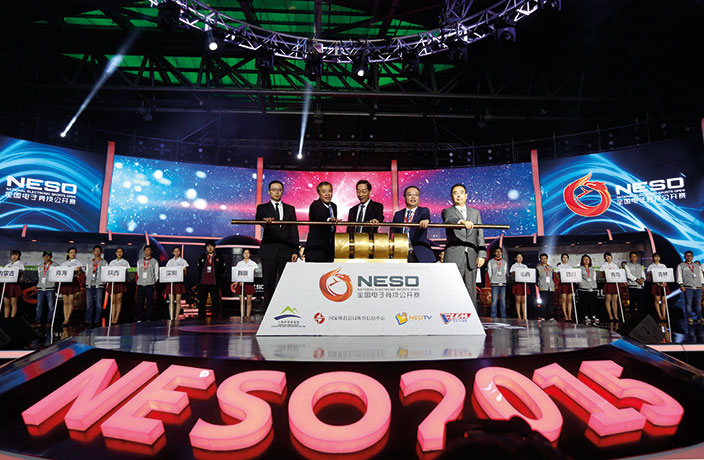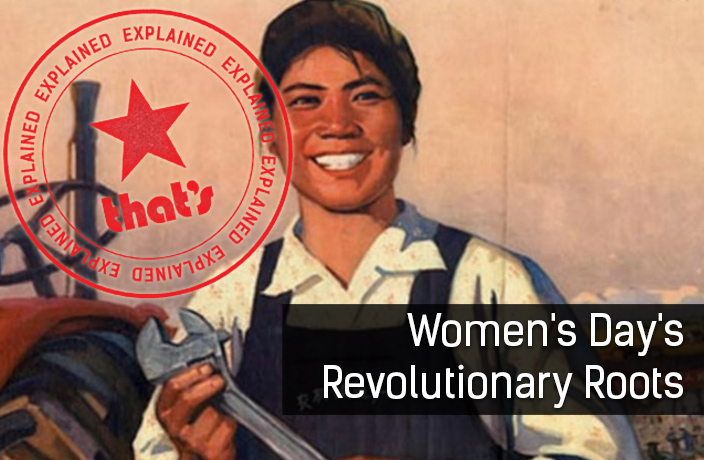We’re living in the biggest, fastest-growing gaming market in the world. Out of an online population of 668 million people, over 380 million Chinese play online games – 70 percent of whom regularly play mobile games.
It’s a familiar refrain that young people today spend too much time on video games, that they’ve wasted their talent on something useless, but as a matter of fact, playing virtual games could earn you fame and money in the real world if you nail it.
One year ago, the State Administration of Sports launched an annual tournament called the National Electronic Sports Open (NESO), calling for China’s electronic gaming masters. In other words, it’s the 21st century, and playing e-sports has become a government-approved pastime.
Last month, the second NESO was held at the Shanghai Expo Exhibition Center, seeing 577 contestants representing 21 provincial and regional teams – including Xinjiang, Inner Mongolia and Hong Kong – fighting for the championship through six mainstream electronic games, including League of Heroes, StarCraft II, Dota 2 and Warcraft III.

In case you’re wondering how competitive gaming became a state-sponsored activity, here’s an explainer. While it’s easy to dismiss online games as trivial cosplaying escapism for pimply teens, e-sport events like NESO are an organized test of skill and tactical savvy, with strict time and round limits. The rules are explicit, and the aim is to defeat your opponent.
In fact, electronic gaming has been officially listed as a sport category in China (the country's 99th) since 2003. E-sports have also gained legitimacy in Japan, the US, France, and especially in South Korea, where gaming is the second most popular sport after Taekwondo. With an annual value of over USD4 billion, e-sports also rank among the nation’s top three industries, along with automobiles and steel.
The Koreans were also behind the Samsung-sponsored World Cyber Games (WCG), one of the first e-sports tournaments to emulate traditional sporting events. Known as the “Electronic Olympics,” the WCG lured fans from around the world, acting as a platform for young gamers and providing a tremendous marketing boost for the industry.
Although Chinese e-sports are still in their infancy, the country is fast becoming a strong competitor to South Korea. Industry experts predict that by 2017, the number of global electronic game players will rocket to 145 million, with 54 percent based in Asia, while the number of Chinese gamers will increase to 62 million – the biggest number of any country in the world.
At last month’s NESO, the Shanghai team lost in its home court, but there’s plenty still left to play for.






















0 User Comments